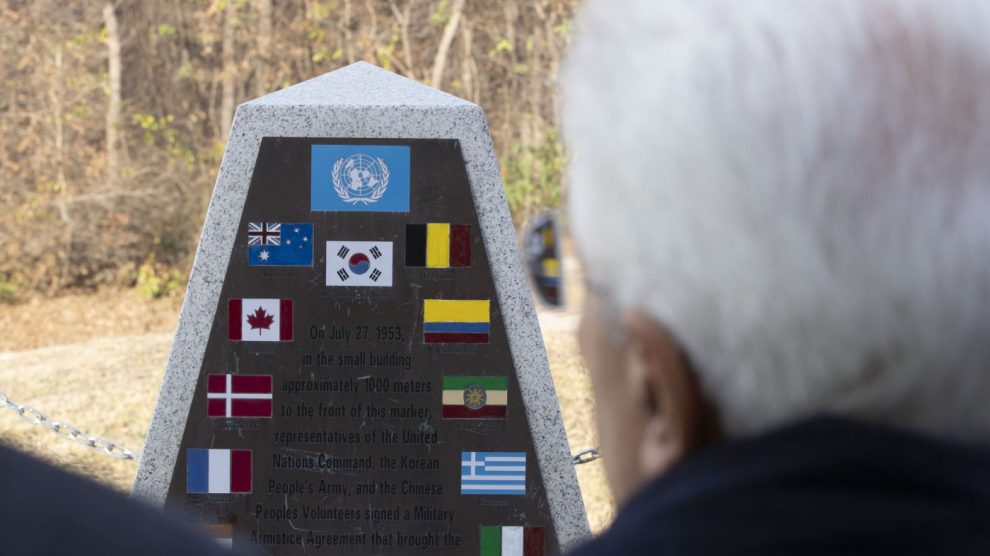Italian President warns against spiralling violence. The current tensions between North and South Korea show that unless a conflict ends with a proper peace agreement, the simmering conflict might flare up again, warned President Sergio Mattarella during his visit on Wednesday.
- The meeting took place in Panmunjom, where North and South Korea agreed on an armistice but did not find a common agreement for a peace treaty.
- Peace in this area is key to avoid further escalation of violence, both in the region and across the world, he remarked.
War continues in North and South Korea. Pyongyang’s dictator, Kim Jong-un, has accelerated the country’s militarisation process and poses a threat to global peace, according to Andrew Harrison, the commander of the United Nations contingent in the area.
- “For the first time, this unstable dictatorship has the power to launch military and nuclear attacks,” he added.
It’s bigger than Asia. Conflicts worldwide can pose a threat to peace in Europe, said President Mattarella last month while at a summit in Porto, recalling the events that triggered the Second World War. He pointed out that Europe failed to realise that violent episodes in 1938 and 1939 were related to each other. That lesson is especially relevant today as conflicts unfold worldwide.
- The Italian Head of State had already emphasised that support for Ukraine is essential for preserving peace in Europe.
- He had also strongly condemned Hamas’ “cowardly” attack against Israel on October 7, highlighting the “worrying increase in international tensions,” widening fault lines between countries and between regions of the world, and the “return to imperialist attitudes and nationalism.”




